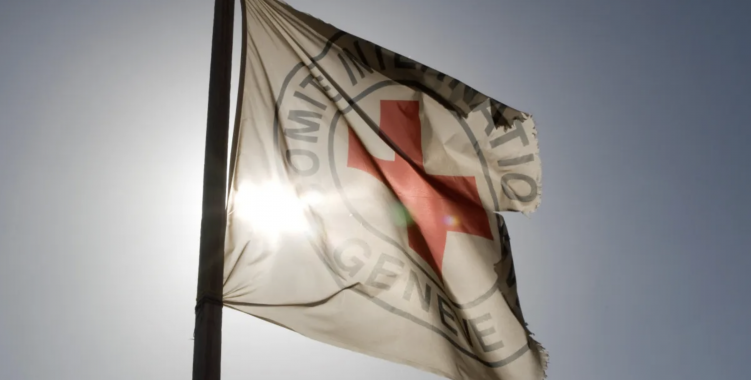The ICRC "is very concerned about the situation at the laboratory of the National Institute for Biomedical Research, which is at risk of suffering a power cut," ICRC regional director Patrick Youssef told a press conference in Geneva.
The Geneva-based organization is calling for the "preservation of samples that may be affected by the clashes," he said.
Youssef stressed that this situation "could have unimaginable consequences if the bacterial strains, including the Ebola virus" that the laboratory "harbors, spread."
He added that the laboratory was "very close" to the ICRC delegation in Goma and that he had no information about the situation in other laboratories.
Goma is the scene of fighting between the Congolese armed forces and M23 fighters allied with Rwandan troops.
M23 and Rwandan soldiers entered the city of more than a million people – and nearly as many displaced – on Sunday night at the end of a lightning advance lasting several weeks after the failure in mid-December of the Angola's mediation between the DR Congo and Rwanda.
The ICRC is alarmed by the devastating impact on civilians of the ongoing armed clashes in and around the city of Goma.
In a press release, the organization deplores "the mass influx of people injured by bullets and explosive ammunition."
The ICRC has treated more than 600 wounded people since the beginning of January, almost half of whom are civilians.
Despite heavy fighting and continued shelling, ICRC surgical teams continue to manage to treat casualties, who continue to arrive in their dozens.
"The wounded are transported by motorbike, others by bus, or with the help of volunteers from the Congolese Red Cross. Some civilians are arriving with serious gunshot or shrapnel wounds. The entire hospital is mobilized and the three surgical teams are working around the clock to treat patients who sometimes have to lie on the floor due to lack of space," explained Myriam Favier, head of the ICRC sub-delegation in Goma, in the press release.







